Best Constitutional Law Lawyers in Ernakulam
Share your needs with us, get contacted by law firms.
Free. Takes 2 min.
List of the best lawyers in Ernakulam, India
About Constitutional Law in Ernakulam, India:
Constitutional Law in Ernakulam, India refers to the body of laws that govern the rights and duties of citizens, as well as the structure and functions of the government. It is derived from the Indian Constitution, which is the supreme law of the land. Constitutional Law covers a wide range of issues, including fundamental rights, separation of powers, and judicial review.
Why You May Need a Lawyer:
You may need a lawyer in the field of Constitutional Law in Ernakulam, India if you are involved in a legal dispute related to your fundamental rights, government actions, or constitutionality of laws. A lawyer can help you navigate complex legal issues, represent you in court, and ensure that your rights are protected.
Local Laws Overview:
In Ernakulam, India, Constitutional Law is influenced by the Indian Constitution, as well as local laws and regulations. Key aspects of local laws that are particularly relevant to Constitutional Law include state-specific laws, court decisions, and administrative policies. It is important to consult with a knowledgeable lawyer who understands both national and local laws.
Frequently Asked Questions:
Q: What are fundamental rights under the Indian Constitution?
A: Fundamental rights are rights guaranteed to all citizens of India, including the right to equality, right to freedom of speech and expression, and right to constitutional remedies.
Q: What is judicial review?
A: Judicial review is the power of courts to review the actions of the legislative and executive branches to ensure they are constitutional.
Q: Can the Indian Constitution be amended?
A: Yes, the Indian Constitution can be amended through a specific procedure outlined in the Constitution itself.
Q: What is the role of the Supreme Court in upholding the Indian Constitution?
A: The Supreme Court of India has the ultimate authority to interpret the Constitution and ensure that all laws comply with it.
Q: How can I challenge a government action in court under Constitutional Law?
A: You can challenge a government action by filing a writ petition in the High Court or the Supreme Court, alleging that the action violates your fundamental rights.
Q: What are the remedies available for violations of fundamental rights?
A: Remedies for violations of fundamental rights include compensation, restoration of rights, and specific performance of duties by the government.
Q: Can I file a public interest litigation (PIL) under Constitutional Law?
A: Yes, PILs can be filed by any individual or organization on behalf of the public interest to enforce legal rights or constitutional duties.
Q: How long does a Constitutional Law case typically take to resolve?
A: The timeline for resolving a Constitutional Law case can vary depending on the complexity of the issues involved and the court's schedule.
Q: What is the difference between constitutional law and administrative law?
A: Constitutional law deals with the fundamental principles and structures of government, while administrative law regulates the exercise of administrative power by government agencies.
Q: How can I find a reputable Constitutional Law lawyer in Ernakulam, India?
A: You can ask for referrals from friends or family, search online legal directories, or contact the local bar association for recommendations.
Additional Resources:
For more information on Constitutional Law in Ernakulam, India, you can visit the website of the Kerala High Court or the National Human Rights Commission.
Next Steps:
If you require legal assistance in Constitutional Law in Ernakulam, India, contact a qualified lawyer with experience in this field. They can provide you with expert advice and representation to help resolve your legal issues effectively.
Lawzana helps you find the best lawyers and law firms in Ernakulam through a curated and pre-screened list of qualified legal professionals. Our platform offers rankings and detailed profiles of attorneys and law firms, allowing you to compare based on practice areas, including Constitutional Law, experience, and client feedback.
Each profile includes a description of the firm's areas of practice, client reviews, team members and partners, year of establishment, spoken languages, office locations, contact information, social media presence, and any published articles or resources. Most firms on our platform speak English and are experienced in both local and international legal matters.
Get a quote from top-rated law firms in Ernakulam, India — quickly, securely, and without unnecessary hassle.
Disclaimer:
The information provided on this page is for general informational purposes only and does not constitute legal advice. While we strive to ensure the accuracy and relevance of the content, legal information may change over time, and interpretations of the law can vary. You should always consult with a qualified legal professional for advice specific to your situation.
We disclaim all liability for actions taken or not taken based on the content of this page. If you believe any information is incorrect or outdated, please contact us, and we will review and update it where appropriate.








